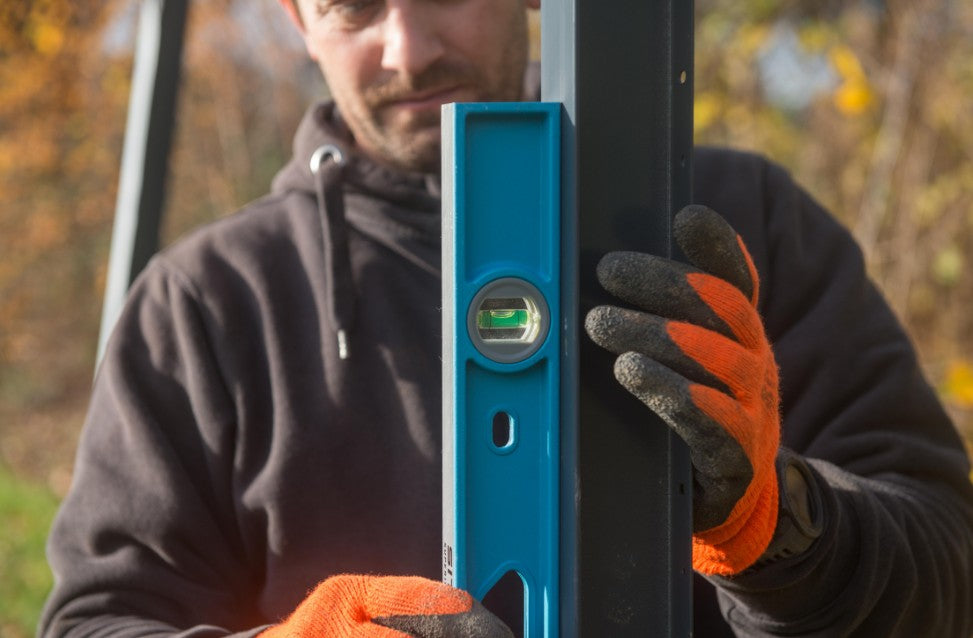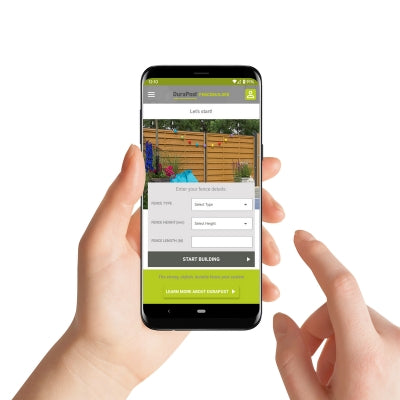Low Voltage Landscape Lighting - Which Is best?

Outdoor lighting is an investment all homeowners should look to make. Adding an extra layer of security, providing curbside appeal, and illumination to property features are just a few of the benefits lighting has to offer.
But before starting a project, it’s always worth researching your options.
With garden lighting, there are many types and styles to choose from. Some of which work with your existing electrical outlets, whilst others use a different source of power.
In this article, we explore what solar and low voltage garden lighting is, the differences between the two options, as well as the pros and cons associated to help you decide on the best choice for your project.
What is solar garden lighting?
Solar garden lighting works by drawing energy from the sun in order to power the lights. This is done through the use of a solar panel a battery combination within the fixture that absorbs and stores the sunlight as energy.
As the light from the sun hits these solar panelled lights, heat generates movement in the negatively charged electrons which pushes them into positively charged layers of the cell. This movement creates the electricity, which then transfers along a wire to be stored in the battery.
Once the sun goes down, a photoresistor registers the lack of light, which activates the power usage and turns on an LED.
Solar garden lighting pros
- Convenience – Solar lights are easy to install, allowing you to place fixtures for lighting just about anywhere they can recharge.
- Somewhat eco-friendly – Given energy is taken from the sun, solar lights are a respectable option for those eco-conscious minds.
- Low cost – Solar lights won’t contribute to your electricity bill, making them a budget friendly solution for most.
Solar garden lighting cons
- No light colour control – Solar lights produce one colour option only, with no ability to customise its light output.
- Short light duration on cloudy days – Without sunshine, solar lights won’t receive the light needed to charge up for when darkness hits.
- Battery may need frequent changing – Depending on the product’s quality, the battery that stores the light generated can often lose its full storage capabilities.
- Low quality and durability – Because solar lights tend to be sold as ‘budget-friendly’ solutions, the lack of quality, durability, and reliability often shines through.
- Not as bright as electrical options – The light output received by solar lights is usually on the dim side.
What is low voltage garden lighting?
Low voltage lights are like regular lights, except for the amount of voltage is uses. Typically, regular lights require 120v (volts) to operate, whereas low voltage only requires 12v.
This is achieved by converting standard 120v current into 12v through use of a transformer.
Low voltage lighting is wired and often preferred by homeowners over 120v due to its enhanced safety and ease of installation. Because only 12v are being used to power each fixture, the installation legalities that would otherwise require a professional don’t apply. This makes the entire project more attractive from a cost point of view, whilst favouring the DIY market.
But that’s low voltage versus regular lighting, what about its pros and cons over solar powered fixtures? Let’s take a look.
Low voltage garden lighting pros
- Better selection of durable, high-quality fixtures – The market for wired lighting systems is generally more widespread, and with greater options come higher quality products.
- Extended lifespan – With no need for regular battery maintenance like solar lights, low voltage fixtures are simply the better long-term solution.
- Reliability – Like most things wired, you benefit from the reliability that low voltage lighting provides.
- Not weather dependant - Electricity is consistent. Hence these lightings are functional and reliable, whatever the weather.
- Brighter lighting options for flexibility – Wired systems give users the opportunity to fine tune their level of lighting. Whether you need an intense spotlight for a desired location, or soft, moon-like wash across your outdoor space.
- Automatic light sensors – Whilst solar lights can detect darkness and activate automatically, low voltage lights have similar options too. With the capability of motion detecting lights, your low voltage solution can turn on as and when you need it, without having to touch anything.
Low voltage garden lighting cons
As an effective, reliable, and quality garden lighting solution, many will struggle to find a disadvantage with low voltage lighting systems. However, there is one aspect that some may see as a hinderance – and that’s installation.
The installation of a low voltage system isn’t quite as straight forward as with solar powered fixtures.
Whilst fairly simple to do yourself, low voltage lighting involves the use of a transformer, connectors and cables, which at first may seem daunting.
But with Ellumiere, our simple 3-step installation guide makes your garden lighting a breeze.
Low voltage garden lighting from ellumière
ellumière is one of the simplest and most effective 12v garden lighting systems available today. From deck lights, spotlights, and bollards, through to transformers, connectors, and everything else you need, ellumière has your lighting needs covered.
As well, with the addition of automatic light sensors from ellumière, you can take a more practical and creative approach to garden lighting. Not only does this result in greater energy management, but creates a more luxurious feel to your outside space.
DuraPost® fencing systems
Create Extraordinary Spaces
DuraPost® steel fence posts and composite fence panels. Find out why they are the ultimate fencing system.






